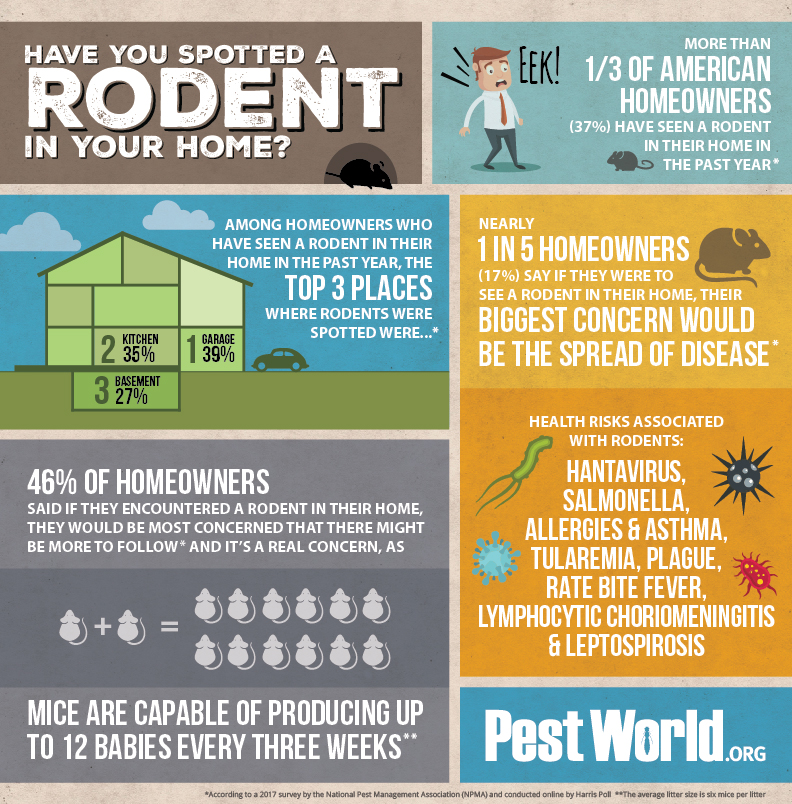Pest-Proofing Your Garden: Tips For Maintaining Outdoor Parasites At Bay
Pest-Proofing Your Garden: Tips For Maintaining Outdoor Parasites At Bay
Blog Article
Authored By-Lambertsen Espersen
Picture your garden as a shelter, a place of tranquility and elegance. However, the presence of outside pests can promptly disrupt this ideal photo. Suppose there were basic yet reliable ways to keep these undesirable visitors away and shield your garden sanctuary? By complying with a couple of useful ideas and carrying out all-natural approaches, you can develop a harmonious outdoor room where your plants can flourish undisturbed.
Natural Pest Deterrents
To maintain pests away from your garden naturally, plant aromatic natural herbs like mint and lavender. These aromatic plants not only add charm to your yard however likewise serve as efficient pest deterrents. Parasites like mosquitoes, flies, and even some garden-damaging pests are warded off by the solid fragrances released by these herbs. Simply putting them strategically around your garden can aid create an all-natural barrier versus undesirable pests.
Along with mint and lavender, take into consideration planting various other herbs like rosemary, basil, and lemongrass to further enhance your yard's pest-proofing capacities. These natural herbs not only act as natural repellents yet also have the added benefit of working in cooking or crafting home made remedies.
Strategic Plant Placement
Take into consideration the format of your yard and the types of plants you have to purposefully position them for maximum pest-proofing efficiency.
Beginning by organizing plants with similar resistance to insects together. By doing this, you can develop an all-natural obstacle that prevents parasites from spreading out throughout your yard.
Additionally, putting pest-repelling plants like marigolds, lavender, or mint near even more prone plants can aid secure them. High plants, such as sunflowers or corn, can function as a guard for shorter plants against parasites like bunnies or ground-dwelling pests.
Remember to leave sufficient space between plants to boost air blood circulation and reduce the risk of conditions that pests might bring.
Additionally, consider planting strong-smelling natural herbs like rosemary or basil near vulnerable plants to confuse parasites' detects and make it harder for them to locate their targets.
Effective Parasite Control Approaches
For combating yard parasites efficiently, applying a multi-faceted parasite control strategy is essential. Beginning by motivating natural predators like birds, ladybugs, and praying mantises to help maintain bug populaces in check. Introducing plants that attract these helpful bugs can help in parasite control. Additionally, practicing Recommended Internet page by removing debris and weeds where parasites may conceal can make your garden much less friendly to undesirable visitors.
Take into consideration utilizing physical barriers such as row cover textiles or netting to safeguard at risk plants from insects like caterpillars and birds. Applying organic chemicals like neem oil or insecticidal soap can also be effective versus specific parasites while being less hazardous to valuable bugs and the environment. It's critical to turn your crops each season to prevent the buildup of parasite populations that target specific plants.
On a regular basis evaluate your plants for indicators of bug damages so you can take action immediately. By integrating these approaches and remaining alert, you can successfully regulate garden insects and delight in a successful, pest-free garden.
Verdict
So, there you have it - with the appropriate techniques, you can maintain pesky outside pests far from your yard and aid your plants thrive.
Did you know that planting mint has been shown to repel insects and various other pests, decreasing the requirement for hazardous pesticides by approximately 60%?
By integrating natural deterrents and wise planting methods, you can create a gorgeous and pest-resistant garden sanctuary for you to delight in.
